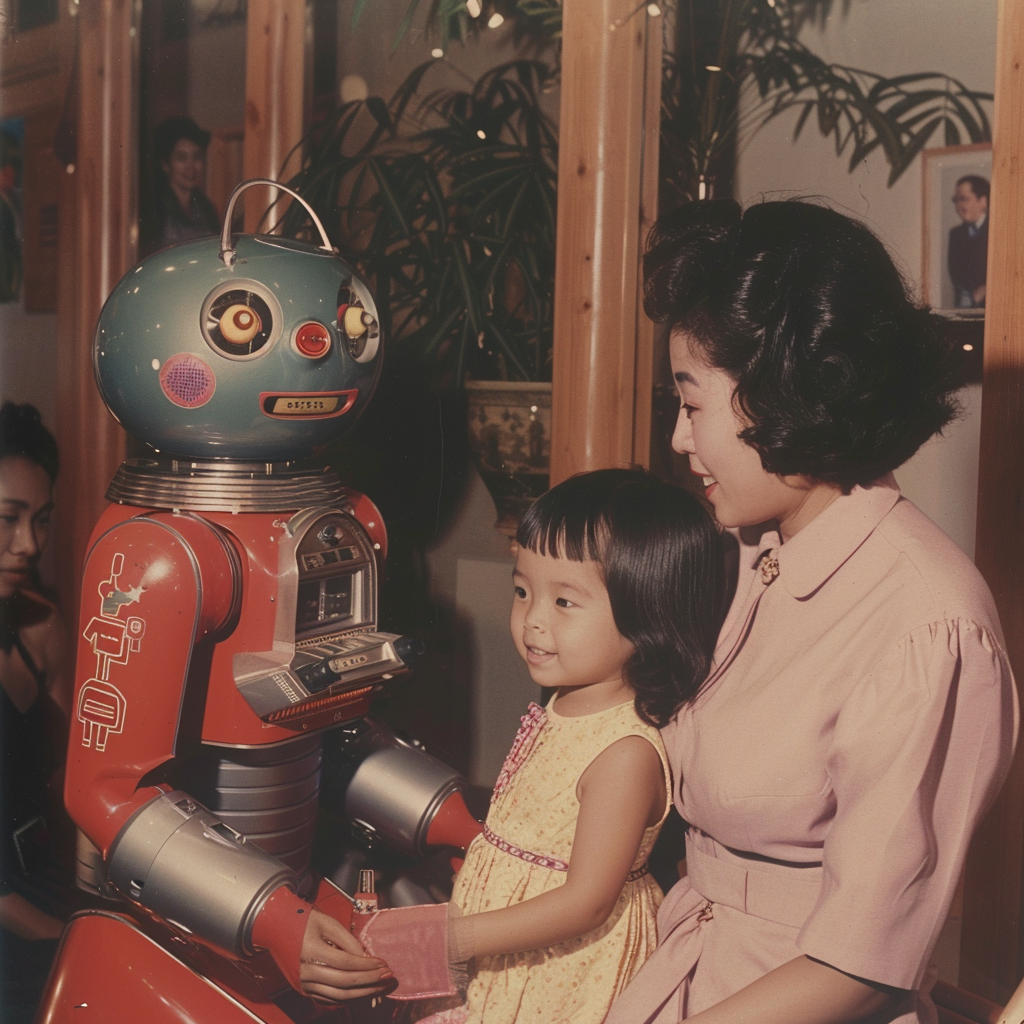The future isn’t simply arriving – it’s being coded into existence. Artificial intelligence (AI) is reshaping the world around us, from the way we work to the way we interact with each other. It recommends what we watch, influences what we buy, and may soon displace jobs we thought secure. In this rapidly shifting landscape, one thing is certain: AI literacy is no longer a luxury; it’s a necessity.
AI, in its simplest form, refers to the ability of machines to mimic intelligent human behavior. But behind that simplicity lies a vast and complex technological universe. Understanding AI – its potential, its risks, and its implications – is key to actively shaping our future, rather than merely being swept along by the tide of technological change.
Why AI Literacy Matters
- Navigating Job Displacement
AI-powered automation has the power to transform entire industries. While this opens up exciting new possibilities, it’s also crucial to proactively address potential job losses. AI literacy isn’t about fearing technology; it’s about understanding what skills are likely to be in demand and developing a plan to adapt. Whether it means upskilling, reskilling, or even exploring entirely new career paths, knowledge is your best defense against the disruption AI may bring. - Informed Decision-Making Algorithms underpin countless decisions affecting our lives, from the news you see online to loan approvals and even some medical diagnoses. Without a basic grasp of how these systems work, we risk being unknowingly manipulated or subject to unfair biases. AI literacy gives you the tools to ask the right questions, interpret information critically, and be a more informed citizen in the AI-powered world.
- Shaping the Future AI’s trajectory isn’t predetermined. How we develop and deploy these technologies is the result of choices made by individuals, corporations, and governments. AI literacy is essential to participate meaningfully in these critical conversations. Want to ensure AI is used for good? Want to avoid harmful applications? Then it’s time to gain the knowledge to become an informed advocate for the fair and ethical use of AI.
Core Concepts of AI
- Machine Learning Think of machine learning as the engine behind many AI systems. Instead of explicitly programming a computer with rules, machine learning allows it to “learn” from vast amounts of data. For example, if you feed a machine learning algorithm thousands of product reviews, it can start identifying patterns that signal positive or negative sentiment, just like a human might.
- Algorithms and Bias Algorithms are essentially a set of instructions a computer follows, but they’re not inherently neutral. If the data an algorithm is trained on contains biases (e.g., historical underrepresentation of certain groups), the algorithm may perpetuate those biases. For instance, a facial recognition system trained on a dataset of predominantly white faces may be less accurate when identifying people of color.
- The Ethics of AI AI raises profound ethical questions. Should we allow AI to make life-altering decisions without human oversight? How do we balance the benefits of AI-powered surveillance against privacy concerns? AI literacy means grappling with these complex issues, recognizing that there are no easy answers. It’s about developing a critical lens to evaluate the potential impacts of AI – both positive and negative.

Developing Your AI Literacy Toolkit
- Reputable Sources for Information AI is complex and rapidly changing. Seek out reliable websites, organizations, and experts dedicated to explaining it in a clear way. A good starting point might be university research labs, reputable tech publications, or organizations focused on AI ethics and education. My blog is a great starting point to acquire the knowledge you need in this evolving AI-driven world
- Critical Thinking Skills The ability to cut through hype and misinformation is crucial in the world of AI. Ask yourself: who is making the claim? What’s their evidence? Does this fit with other credible information I’ve found?
- Prompt Engineering: Talking to AI Much like any conversation, getting the most out of AI requires knowing how to communicate effectively. This is the art and science of prompt engineering. Carefully crafted prompts – questions, instructions, or examples – can dramatically improve the quality of the output AI generates. Think of it as learning the language AI understands best. If you’re exploring AI for creative tasks like image generation or text writing, mastering prompt engineering unlocks a whole new world of possibilities.
- The Importance of Continuous Learning AI is a dynamic field – staying up-to-date is essential. Consider resources like online courses, bootcamps, or specialized workshops. For example, I offers a range of AI courses and bootcamps tailored to different skill levels.
Conclusion
AI literacy isn’t about becoming a programmer or a data scientist. It’s about understanding the technology shaping our world, so we aren’t powerless before it. AI literacy empowers us to make informed choices, participate in essential conversations, and advocate for a future where AI serves the greater good. This journey of understanding is ongoing, but it starts with a single step. Will you take it?
If you’re ready to deepen your AI understanding, consider exploring the AI courses, bootcamps, and consultancy services offer. We also provide AI in Education tools and a DIY chatbot solution to empower you to harness the power of AI directly.
Gemini AI Notes:
Crafting this blog post on AI Literacy was a dynamic collaboration between Manolo and me (Gemini AI). Manolo provided insightful guidance throughout the process, starting with the initial concept and target audience. His valuable input included:
- Clear direction on the blog post’s structure and desired tone.
- Detailed feedback on the title, outline, and drafts, prompting refinements and enhancements.
- Suggestions to ensure a neutral yet thought-provoking tone.
- The inclusion of open-ended questions to foster further reflection by readers.
Together, we decided to expand the word count to explore the topic in greater depth. Manolo also skillfully used Midjourney to generate compelling visuals that enhance the blog’s impact.
